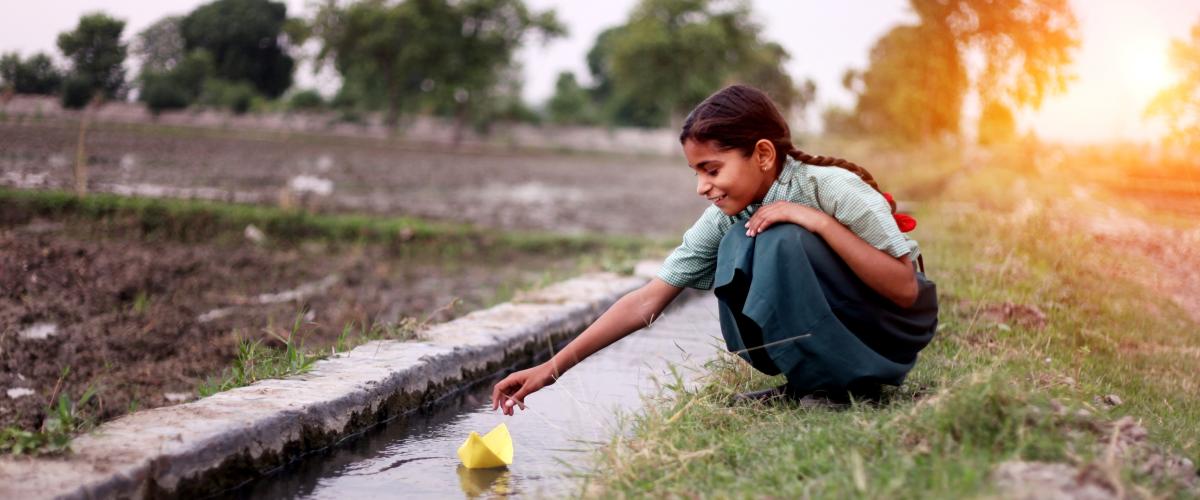
News
Saint Lucia is to become the first island in the Caribbean to benefit from a unique global partnership — between the Humanitarian OpenStreetMap team and GFDRR — that will focus on the use of geospatial data for building resilience and reducing vulnerability to disasters.
The World Bank will provide an initial US$8 million emergency funding to support the Kingdom of Tonga’s response and recovery following the devastating volcanic eruption and tsunami on January 15.
Adapting to Rising Sea Levels in Marshall Islands has been released as Marshall Islands’ delegation prepares for COP26, with representatives planning to use it to paint a clear picture of what atoll nations are facing and to encourage other nations to strengthen their Nationally Determined Contributions.
Projected sea level rise would mean 40% of the buildings in the Marshall Islands’ capital of Majuro would be permanently flooded and entire islands would disappear, potentially costing the Pacific country its status as a nation, according to a devastating new report from the World Bank, also supported by GFDRR.
In addition to the Guardian, the report has also been featured in the Washington Post.
By pulling the right levers, cities can generate solutions for the climate crisis that will define the course for others to follow.
The World Bank (International Bank for Reconstruction and Development, or IBRD) priced a catastrophe bond that will provide the Government of Jamaica with financial protection of up to US $185 million against losses from named storms for three Atlantic tropical cyclone seasons ending in December 2023.
Today, the World Bank Group solemnly remembers the victims and families affected by the Great East Japan Earthquake and Tsunami disaster of 2011, and honors the continued recovery efforts by the people of Japan.
GFDRR economist Paolo Avner has co-authored an article for the March 2021 edition of Journal of Housing Economics titled "Spatial distributions of job accessibility, housing rents, and poverty: The case of Nairobi."
Every year, the global open data community gathers for hundreds of local events for the annual Open Data Day, organized by Open Knowledge Foundation. Groups host hackathons, workshops, webinars and more to show the benefits of open data in their local community, and to encourage the adoption of open data policies in government, business and civil society. The next Open Data Day is Saturday, March 6th, 2021.
